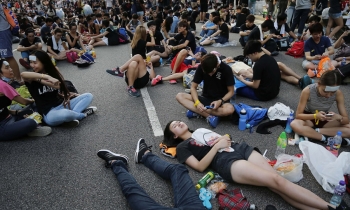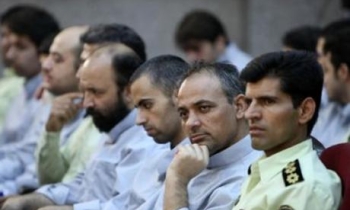The International Press Institute (IPI) has expressed concern at press freedom restrictions imposed by the Sri Lankan government, in particular the blockage of the Colombo Telegraph and other news websites in Sri Lanka.
“Sri Lanka must ensure that the website of the Colombo Telegraph and other news websites are not blocked in the country, as this represents an unacceptable form of pre-publication censorship,†IPI Press Freedom Manager Barbara Trionfi said on Tuesday.
The Colombo Telegraph, run by a group of exiled journalists, is a frequent target of authorities in Sri Lanka and has been periodically blocked in the country since 2011, most recently starting last month. According to a February 20 Colombo Telegraph article, Sri Lanka’s Telecom Regulatory Commission (TRC) “officially issued instructions to mobile service providers to block Colombo Telegraph and other critical websites on its servers, with a warning that the companies are to maintain to customers that the inability to view the sites on the networks were merely ‘technical’ problems’ â€.
However, the Colombo Telegraph reported that TRC Director General Anusha Palpita has repeatedly denied blocking the Colombo Telegraph and other websites.
In an open letter to the U.N. Special Rapporteur on freedom of expression, Frank La Rue, and members of the U.N. Human Rights Council, IPI Executive Director Alison Bethel McKenzie called on them to “do everything in [their] power to ensure that the interference with the Colombo Telegraph and other news websites ends, and that the government respects its international commitments to press freedomâ€.
In the letter, Bethel McKenzie described the current situation as “a serious violation of people’s right to access a broad range of information and opinions†and she said that the establishment of an environment in which people enjoy unfettered access to information and opinions would represent “an important step in Sri Lanka’s much-needed reconciliation processâ€.









